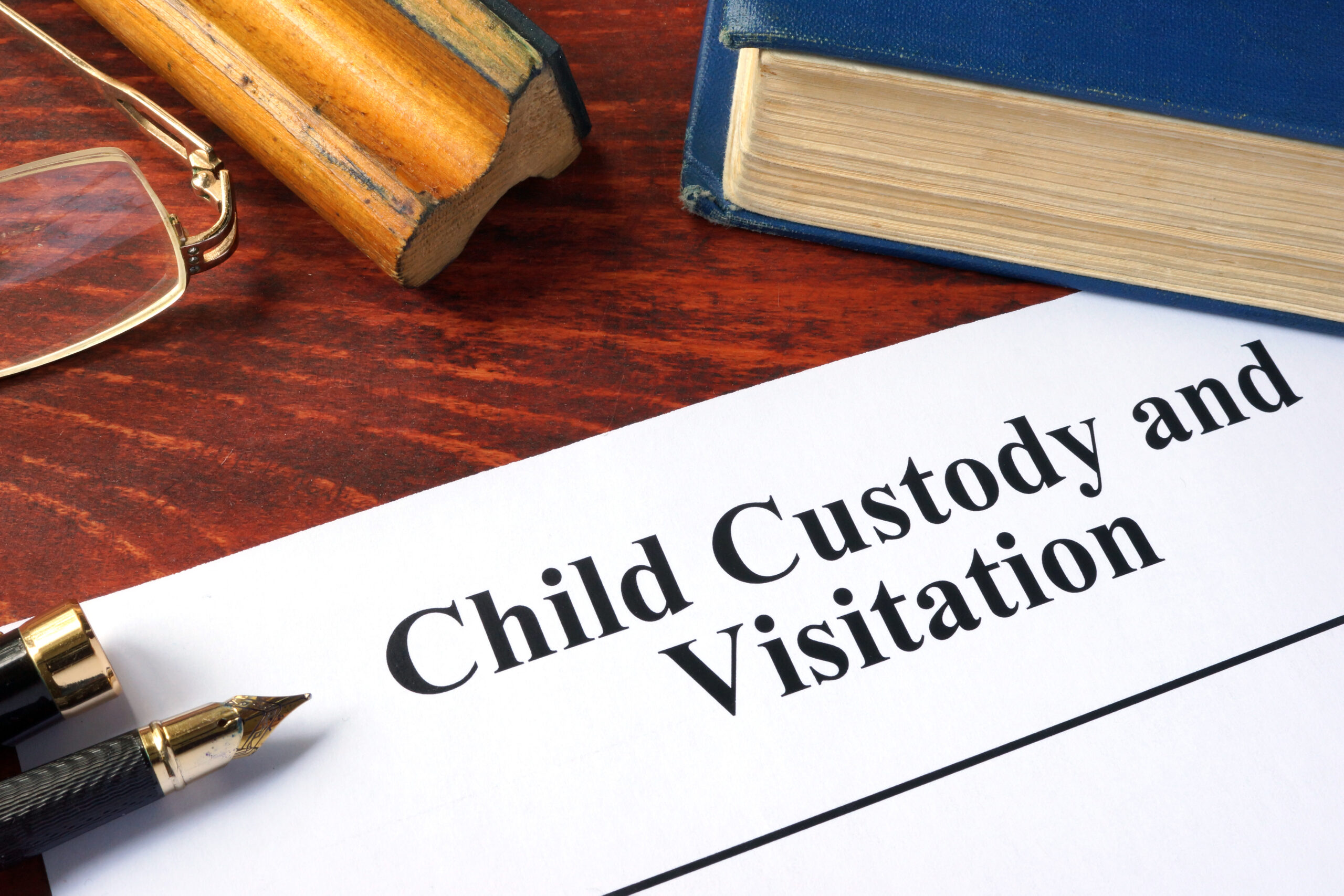When parents go through a divorce, one of the most important and emotionally charged decisions they face is determining child custody. Every parent wants what’s best for their child, but the legal system has specific guidelines for how custody is awarded. If you’re in the process of separating from your spouse and wondering whether joint custody or sole custody is the right choice, understanding the pros and cons of each can help you make an informed decision.
At Gordon & Gordon, our experienced divorce attorneys in New York work with parents to navigate custody arrangements that align with their child’s best interests. Whether you are considering joint custody or sole custody, having a skilled family law attorney in New York on your side can make a significant difference in your case.
What Is Joint Custody?
Joint custody means that both parents are responsible for raising their child. Joint legal custody allows both parents to be involved in deciding matters like the child’s general upbringing, religion, healthcare, and education. Joint physical custody splits the child’s time between both parents’ homes. In many cases, courts prefer joint custody arrangements when both parents can communicate and cooperate effectively.
Pros of Joint Custody
- Both Parents Remain Actively Involved – One of the biggest advantages of joint custody is that it allows both parents to have a meaningful presence in their child’s life. This can provide a sense of stability and continuity for the child.
- Emotional and Psychological Benefits for the Child – Studies suggest that children who maintain strong relationships with both parents tend to have better emotional well-being and social development.
- Encourages Co-Parenting – Joint custody fosters a sense of teamwork between parents, ensuring that major decisions are made together in the child’s best interest.
- Shared Financial and Parental Responsibilities – With joint custody, both parents contribute financially and emotionally, which can reduce the burden on a single parent.
Cons of Joint Custody
- Requires Strong Communication Between Parents – If parents have difficulty communicating, joint custody can lead to conflicts and stress for both the parents and the child.
- Logistical Challenges – Sharing custody means coordinating schedules, transportation, and transitions, which can be difficult, especially if parents live far apart.
- Potential for Conflict – If one parent consistently disagrees with the other on key decisions, it can create tension that negatively affects the child.
- Not Ideal in High-Conflict Cases – In cases involving domestic violence, substance abuse, or severe disagreements, joint custody may not be in the best interest of the child.
What Is Sole Custody?
Sole custody means that one parent has primary responsibility for the child. This can be sole legal custody, where only one parent makes important decisions regarding the child’s upbringing, or sole physical custody, where the child lives primarily with one parent while the other has visitation rights. Courts typically grant sole custody when one parent is deemed unfit or when co-parenting is not in the child’s best interest.
Pros of Sole Custody
- Provides Stability and Consistency – Having one primary home can provide a stable environment for the child, which is especially beneficial for young children.
- Reduces Parental Conflict – When parents struggle to get along, sole custody can eliminate ongoing disputes and create a more peaceful situation for the child.
- Easier Decision-Making – The custodial parent can make important decisions without having to consult the other parent, which can be more efficient.
- Protects the Child in High-Conflict Cases – If one parent has a history of neglect, abuse, or substance abuse, sole custody can protect the child from harmful influences.
Cons of Sole Custody
- Limited Involvement from the Non-Custodial Parent – The child may have less opportunity to build a strong relationship with the non-custodial parent.
- Increased Pressure on the Custodial Parent – The parent with sole custody bears the full responsibility of raising the child, which can be financially and emotionally overwhelming.
- Emotional Impact on the Child – Some children may feel abandoned or disconnected from the non-custodial parent.
- Potential for Parental Alienation – If one parent intentionally distances the child from the other, it can create long-term emotional consequences.
How to Choose the Right Custody Arrangement
Deciding between joint and sole custody depends on several factors, including:
- The child’s best interests – Courts prioritize the child’s well-being, taking into account factors such as emotional needs, stability, and parental involvement.
- Parental cooperation – If both parents can work together respectfully, joint custody may be a viable option.
- Living arrangements and work schedules – Parents who live in different cities or have demanding jobs may find sole custody more practical.
- History of conflict or abuse – In cases where one parent poses a risk to the child’s safety, sole custody is often the best choice.
Having a knowledgeable New York divorce attorney can help you evaluate your options and determine the best path forward. Courts typically encourage parents to reach an agreement outside of litigation, but if a dispute arises, having an experienced family law attorney in New York is crucial for protecting your rights.
Choosing between joint and sole custody is one of the most significant decisions you’ll make as a parent. Both arrangements come with benefits and challenges, and the right choice depends on your unique situation. The key is to focus on what is truly best for your child and ensure that their emotional and physical well-being remains the top priority.
If you’re facing a custody battle, don’t navigate this complex process alone. At Gordon & Gordon, our team of dedicated New York divorce attorneys is here to provide the guidance and advocacy you need. Contact us today to schedule a consultation and discuss your legal options.

